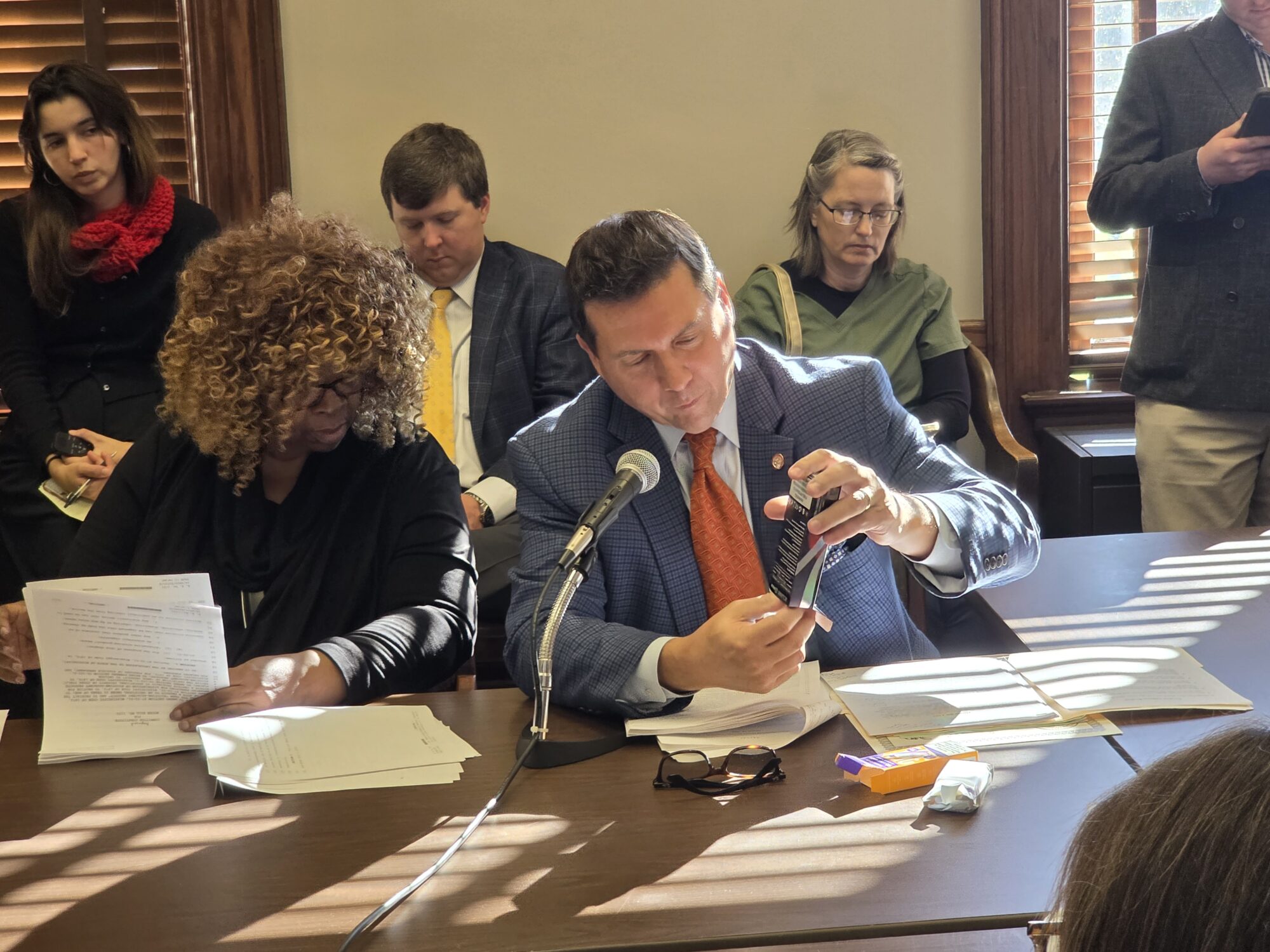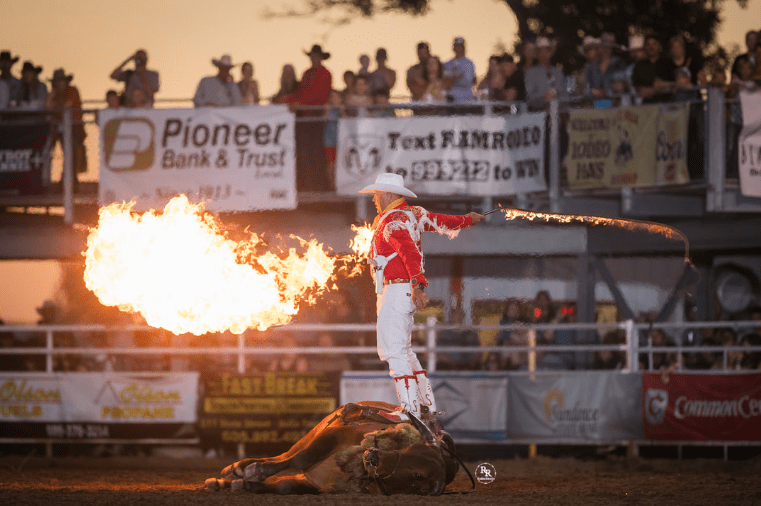
Fannie Lou Hamer (AP Photo)
When the annual celebration of Martin Luther King, Jr., rolls around, I frequently find my mind wandering to the Mississippi heroes of the Civil Rights Movement.
One of those people is Ruleville’s own Fannie Lou Hamer.
The reason I think about her lies in the fact that she was a very spiritual woman whose faith motivated her to take action. She grew up in Mississippi when blacks suffered under Jim Crow and were, among many other things, denied the right to vote.
Hamer believed in the prophet Amos’ declaration to “let justice roll down like waters” and worked tirelessly for voting rights and equality. But, again, she wasn’t just a mouthpiece. She was a woman who put her life on the line time and time again.
“You can pray until you faint,” she was famous for saying, “but unless you get up and try to do something, God is not going to put it in your lap.”
She loved to add singing to her calls for justice. Her favorite was “This Little Light
of Mine,” which was sung at events and just about whenever someone asked for it. The second verse was most special, because it was particularized:
All over Mississippi, I’m gonna let it shine.
All over Mississippi, I’m gonna let it shine.
All over Mississippi, I’m gonna let it shine.
Let it shine, let it shine, let it shine.
She told people that it wasn’t just any old song; it was straight from Jesus’ words in the Sermon on the Mount: “Let your light so shine before men that they might see your good works and glorify the Father Who is in heaven.”
It has been noted by some of her contemporaries that—except, perhaps, for King himself—there was no better orator in the Civil Rights movement. Hamer could move crowds with her homespun eloquence and passion. “I’m sick and tired of being sick and tired,” she loved to intone. But this was not merely a lament; it was a call to action: now, this is what we are going to do next.
Fannie Lou Hamer was unimpressed with pomp and circumstance, with political might, and with the trappings of religion. “Christianity is being concerned about your fellow man, not building a million-dollar church while people are starving right around the corner.”
She journeyed with fellow Southerners to the 1964 Democratic National Convention. Her disruptive Mississippi Freedom Democratic Party was fighting to be seated at the convention. To throw her some kind of political bone, the Convention offered to seat two of her delegation. “We didn’t come all this way for no two seats,” she said, “when all of us is tired.”
And this: “The changes we have to have in this country are going to be for
liberation of all people – because nobody’s free until everybody’s free.”
One of the most impressive things about Fannie Lou Hamer was her pro-life views, built on the shocking foundation of injustice and suffering. She and her husband Perry (“Pap”) desperately wanted children.
In 1961 she went to the hospital in Sunflower County to remove a growth in her abdominal area. But she got more than that. What was then known as a “Mississippi appendectomy” was performed—sterilization via an unauthorized and unwanted hysterectomy.
Pap and Fannie Lou were devastated but, true to form, took redemptive action through the adoption of two daughters to form the family they always dreamed of.
She used the painful memory of this eugenic action on her own body to advocate for life. In Kay Mills’ excellent biography, This Little Light of Mine, Hamer is quoted: “I believe that legal abortion is legal murder…Now they talk about birth control and abortion for blacks. If they’d been talking that way when my mother was bearing children, I wouldn’t be here now.”
Says Mills, “After that ‘narrow escape to be here,’ she said she would fight for other kids, too, ‘because if you give them a chance, they might grow up to be Fannie Lou Hamer or something else.’….Hamer “always held that human life was sacred, that if young women did become pregnant, they should be helped to raise their children, not encouraged to terminate their pregnancies. She had raised other people’s children, as had many in the black community.”
Those kids were the hope of the future.
Fannie Lou Hamer was sui generis, to be sure. But she was right. We all need to
train our children to be substantially like her: rising from the corners of this state to speak with faith to national issues, willing to sing through suffering, developing a capacity to speak truth to power in times of injustice and, advocating for life beginning in the womb.
What a woman. What a legacy.









